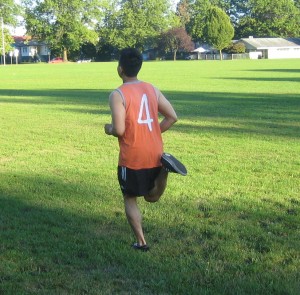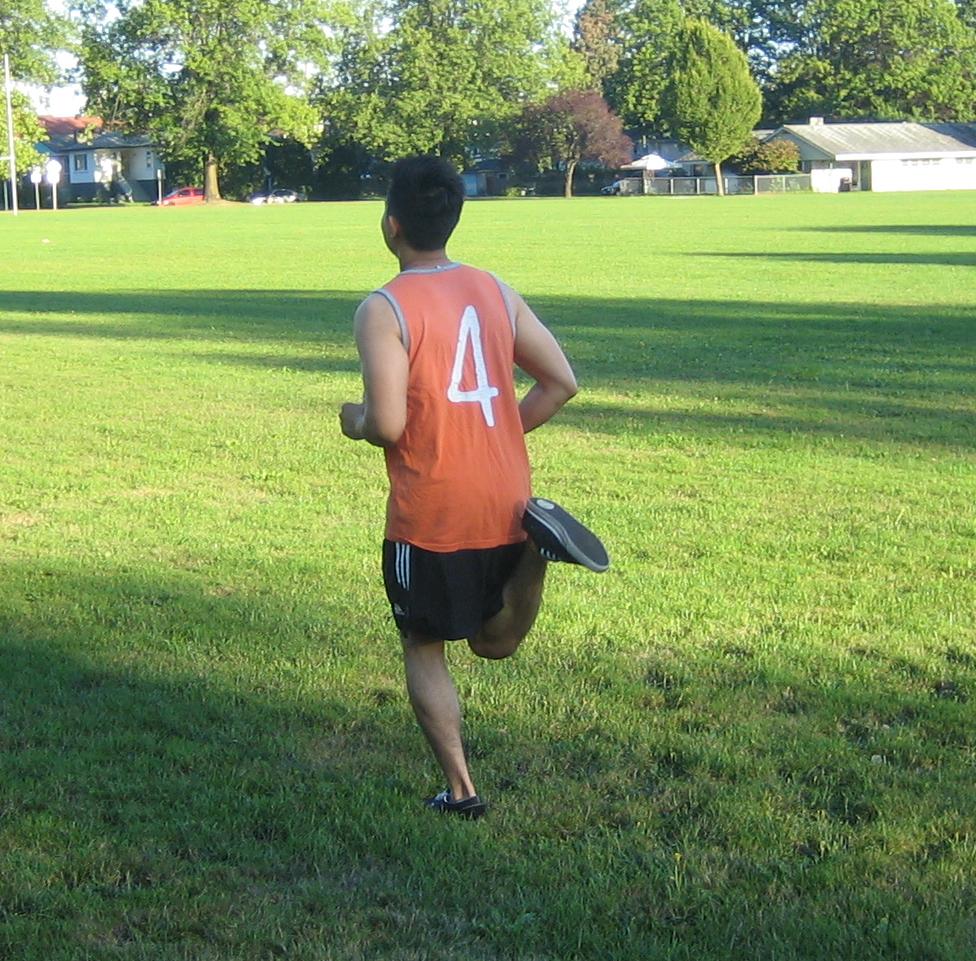An ischemic stroke is a form of stroke that occurs due to the lack of blood supply to the brain. This is different from a hemorrhagic stroke which is triggered by bleeding in the brain. Most cases are considered as ischemic strokes while some have both hemorrhagic and ischemic characteristics.
https://www.youtube.com/watch?v=7FR1TsKLoDI
Remember that ischemia can occur in any region of the body including the brain once an artery supplying a region of the body with blood is blocked by a blood clot or damaged in which the blood flow is interrupted.
The blood that flows through the arteries transports the red blood cells that provide oxygen to neighboring cells. The blood that flows via the arteries also delivers nutrients, water and minerals to all the body cells while eliminating the excess waste material. The interruption of blood supply can result to serious consequences since every cell in the body requires water, oxygen, minerals and nutrients to survive. Take note that ischemia can occur in any part of the body and if it occurs in the brain, it is known as an ischemic stroke.

What is temporary ischemia?
Once ischemia occurs but rapidly reverses, it causes a temporary stroke or mini-stroke. This is called as a transient ischemic attack since the ischemia is only momentary and does not last long enough to cause permanent damage.
Nevertheless, if the individual experiences one, it is vital to consider this as a warning indication that the individual is at risk for a stroke and it is vital to seek medical care right away.
Risk factors
The risk factors for an ischemic stroke include any conditions that increases the predisposition to erratic blood clot formation or any disease that damages the interior lining of the arteries in the brain which makes it more likely for them to clog up. The following are the usual risk factors:
- Heart disease
- Smoking
- High cholesterol
- Hypertension
- Cerebrovascular disease
- Blood-clotting disorders
- Poorly controlled diabetes
Management of ischemic stroke
Prompt treatment for an ischemic stroke includes thorough monitoring and management of the blood pressure and blood sugar levels as well as the possible administration of potent blood thinners.
The long-term treatment for ischemic stroke includes maintaining optimal blood pressure, blood sugar level, cholesterol level, management of heart disease and even the use of blood thinners to prevent detrimental blood clots. Certain lifestyle habits such as exercise, diet and smoking have a big impact on the likelihood of ischemic stroke.

